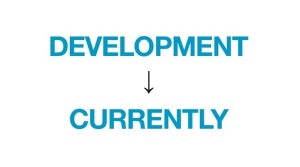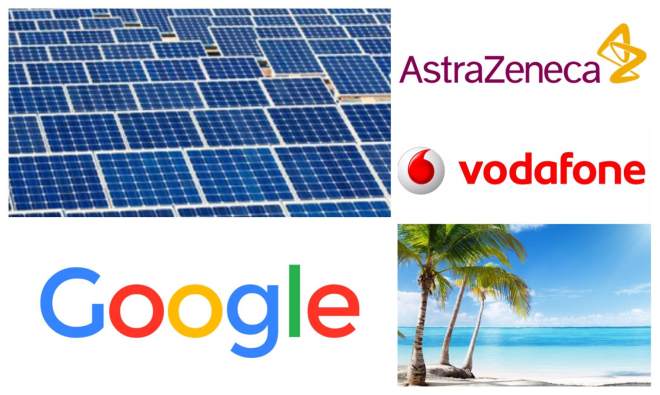
Each time I visit Berlin, I get a strong sense of optimism and renewal. So it’s only appropriate that the launch of the European Responsible Investment Network (ERIN) took place in this city which has undergone so much change. Like the renewed Berlin, the responsible investment field is trying to emerge from its historical identity, redefine its purpose and reimagine the way in which capital markets can serve society.
The event’s topics ranged from the challenges of engaging investors on environmental, social and governance (ESG) issues, the steps investors have actually taken to better incorporate these non-financial considerations, through to the ways in which campaigners can be more effective in influencing policy makers and fund managers. Instead of giving a linear impression of “what went on” at the conference, I’ll focus instead on the key themes that I took away from it. These themes included the function of finance, the challenges of overcoming short-termism, the intersectional nature of individual ESG factors, in addition to how campaigners can more effectively promote change.
There was a general recognition of gaps between the finance industry’s understanding of its responsibilities compared to the issues of most concern to NGOs and CSOs. These gaps can be overcome, but it will require empathy, finding common ground and persistence from all parties involved. All this effort will be for a worthy prize: a financial system which nourishes a sustainable real economy, with the needs of society at its heart.
Continue reading “Renewable investing: The launch of the European Responsible Investment Network”









